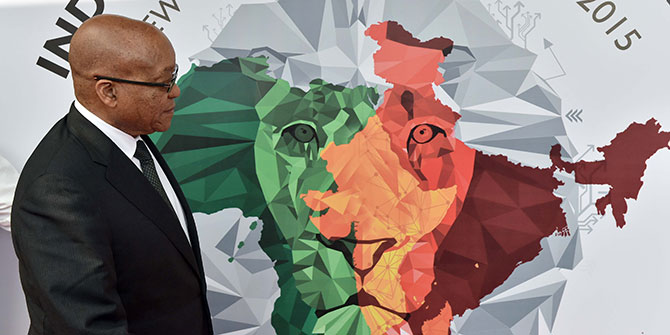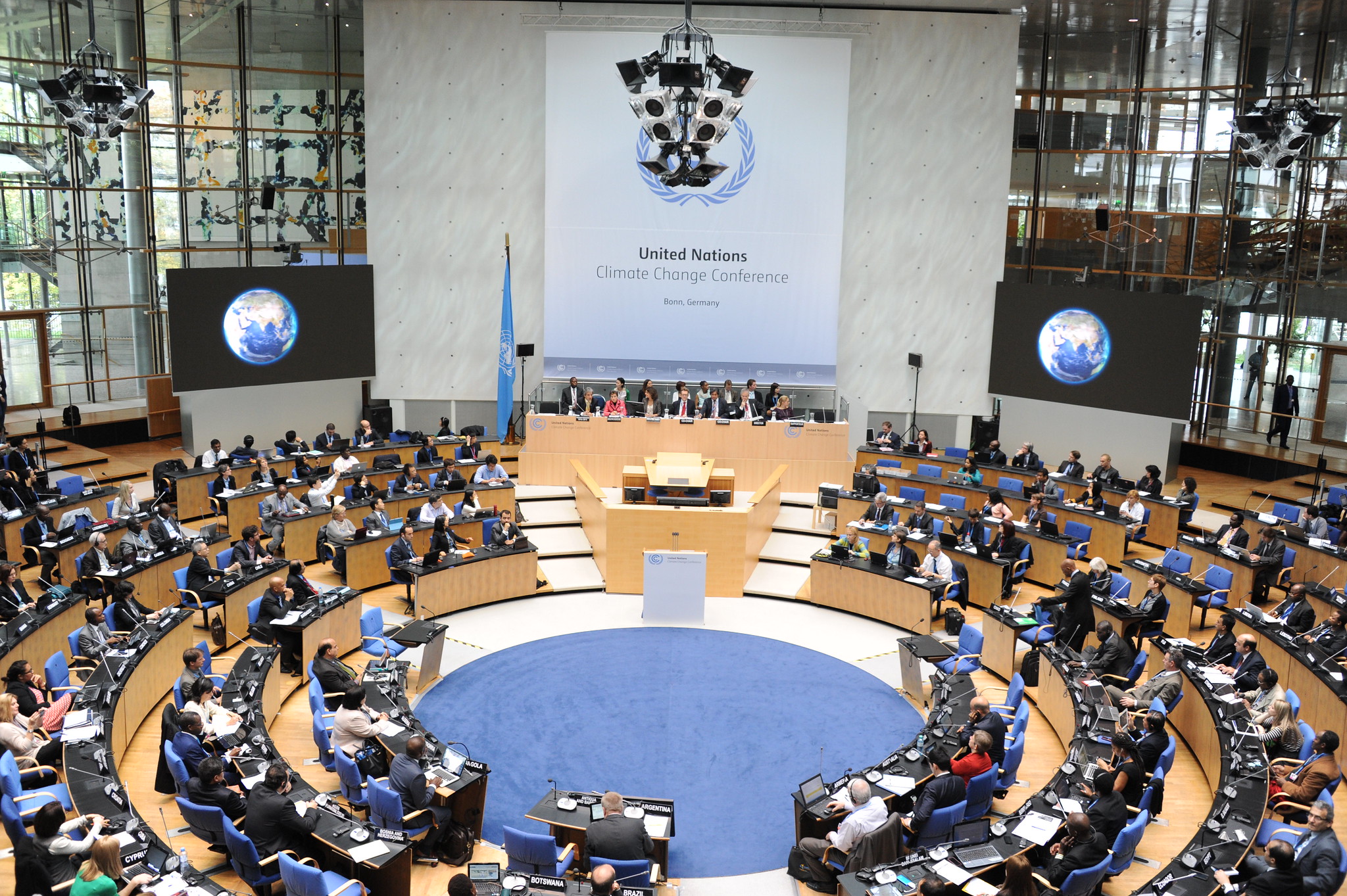The Oromo Studies Association (OSA) is a scholarly organisation established by leading Oromo and non-Oromo academics who have an active interest in Oromo history, culture, politics, literature, economy and language. Since its founding in 1992, OSA provided an institutional framework and direction for scholarship and debate in Oromo studies, fostering a collegial intellectual culture within and outside academe. For over two decades now, OSA encouraged, facilitated and promoted world-leading research on the Oromo, deepening our understanding of the Oromo people, its history and culture. Through its annual conferences, OSA brings together academics, activists and students of diverse scholarly and professional backgrounds, providing the much needed platform for scholarly reflection and a celebration of Oromo culture. Its main publication, the Journal of Oromo Studies, is a peer-reviewed journal that seeks to incite a critical dialogue within and across disciplines, on the history, politics, and culture of the Oromo people.
This year, OSA is collaborating with the LSE Africa Centre to hold its 2016 Mid-Year Conference at the London School of Economics and Political Science, London from 2-3 April 2016. The conference themes include, but extend well beyond,
- The place of the Oromo in the geopolitics of the Horn
- Federalism; Oromo land and property security: natural resource ownership
- Economic justice, state/party-capitalism and conglomerates in Ethiopia
- The ‘developmental state, constitution and constitutionalism
- China-Africa Trade Policy and Implication for the Oromo
- Global events/turning points in modern history & the Oromo, 1935/36, 1974, 1991)
- Imperial Ethiopia, local alliances and global connections
- Finfinnee, Oromo hinterlands and the fate of Oromo national identity
- Climate change and its impact on ecological health, sustainable development, renewable energy in Oromia
- Historical wrongs and the pursuit of justice and reconciliation
- Regional networks, alliances & political projects: the Oromo & the rest of the South
- Ethiopia’s counter-archives: narrative, memory, history
- The identity/alterity nexus in the Oromo-Ethiopia dualism
- The politics of othering and the othering of politics
- The next chapter in the political economy of Oromia and Ethiopia
Please direct any enquiries to Henok G. Gabisa at admin@oromostudies.org or GabisaH@wlu.edu
The views expressed in this post are those of the author and in no way reflect those of the Africa at LSE blog or the London School of Economics and Political Science.







Hello, Oromo studies community, Is there any kind of program out there like Rosetta stone for Oromo, or any kind youtube video series that i can use to learn Oromo. I speak Amharic fine but since i have family members that don’t speak Amharic or English I think i should speak Oromo as well.
Thank you for your time.
Hello the board/ Committee of OSA. i want to be a member or part of OSA. how can i get the access for the member ship?.